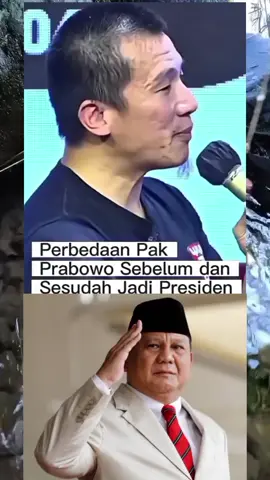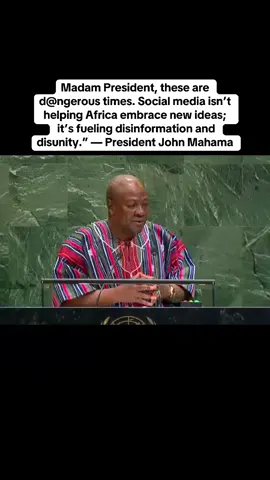Hệ Thống Đế Mobile
Region: VN
Wednesday 12 June 2024 11:52:47 GMT
3510
64
10
2
Music
Download
Comments
꧁•⊹٭ŦҤà₦ҤĐạŦ٭⊹•꧂ :
hay qua shop
2024-06-13 03:39:08
2
nhincaiconcachahah7 :
Redmi 12 turbo bên chị có chả góp ko
2024-06-12 17:42:06
2
Tũn nè :
Của mình là chữ m yay
2024-06-16 13:22:54
1
Gì hà u du hfjd f :
G
2024-06-13 16:52:49
1
Minh Hoàng :
có ktra ipad đk shop
2024-06-12 12:04:09
1
To see more videos from user @demobile.vn, please go to the Tikwm
homepage.





